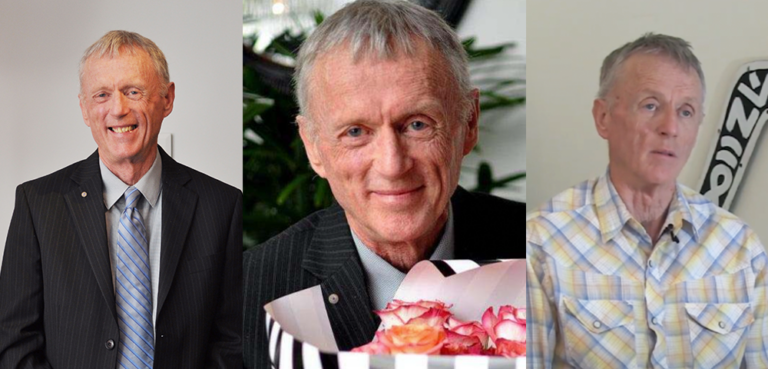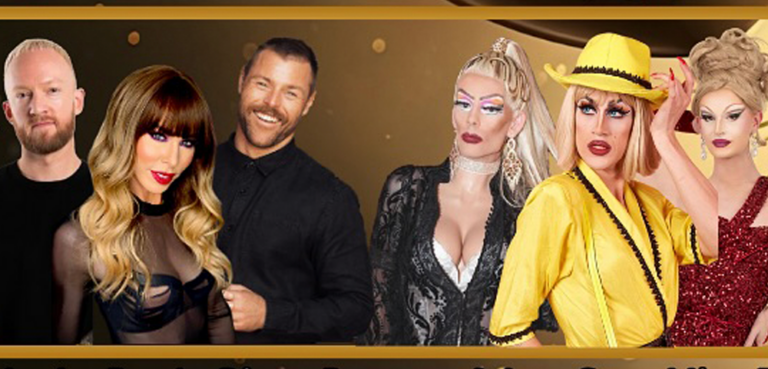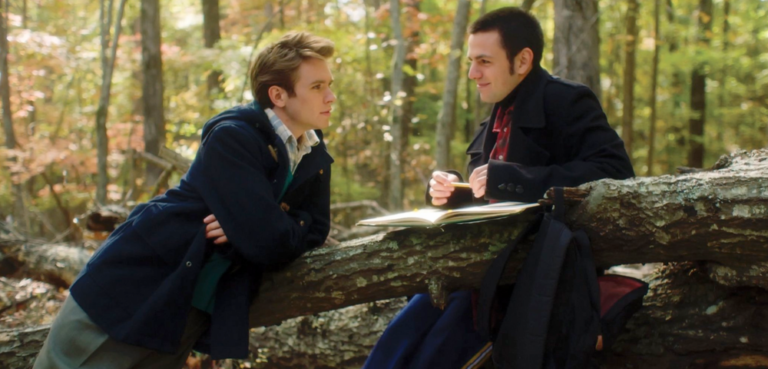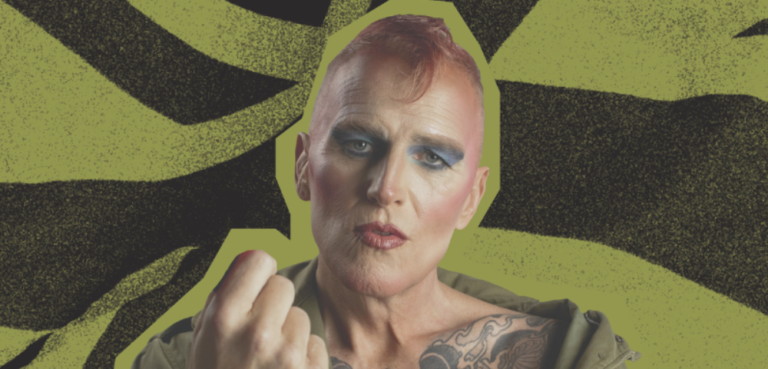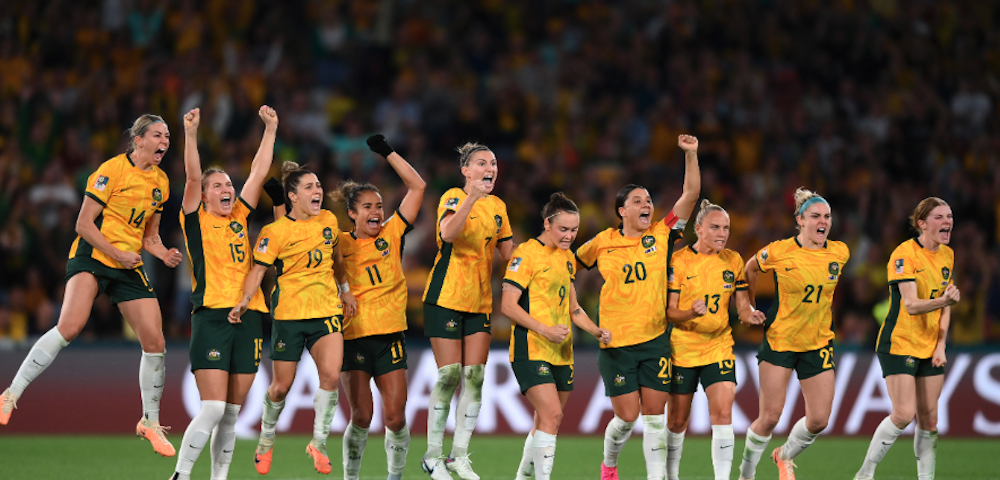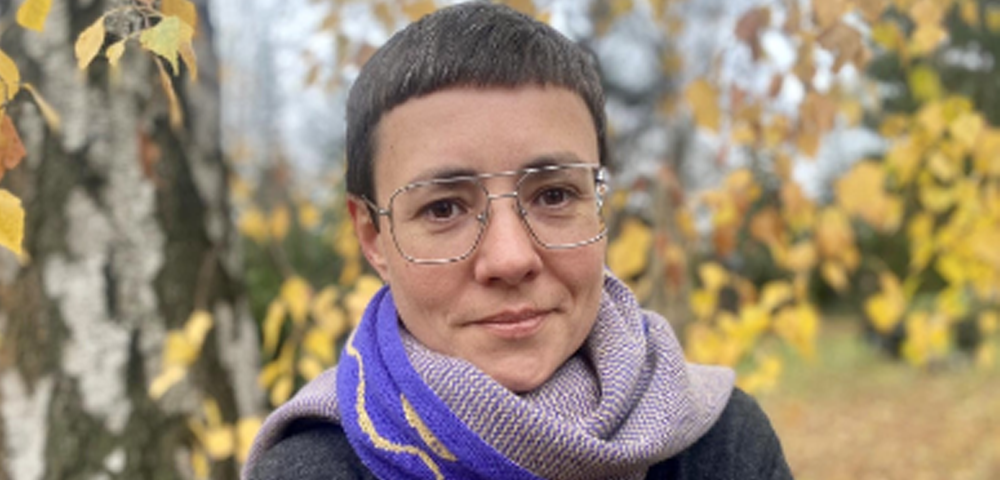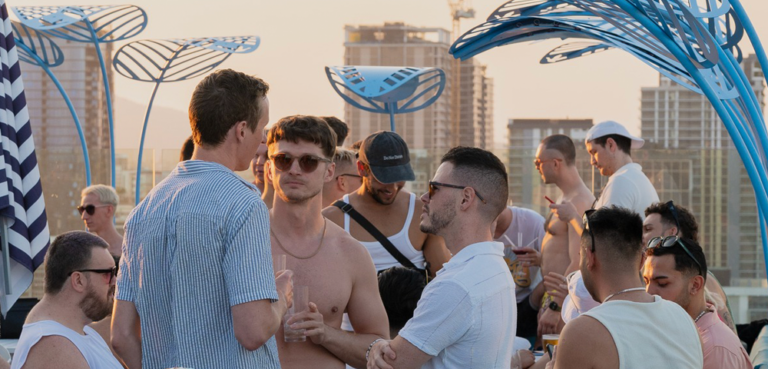
Nine Out Of 10 LGBT Australians Say They Will Vote Yes For Indigenous Voice: Survey
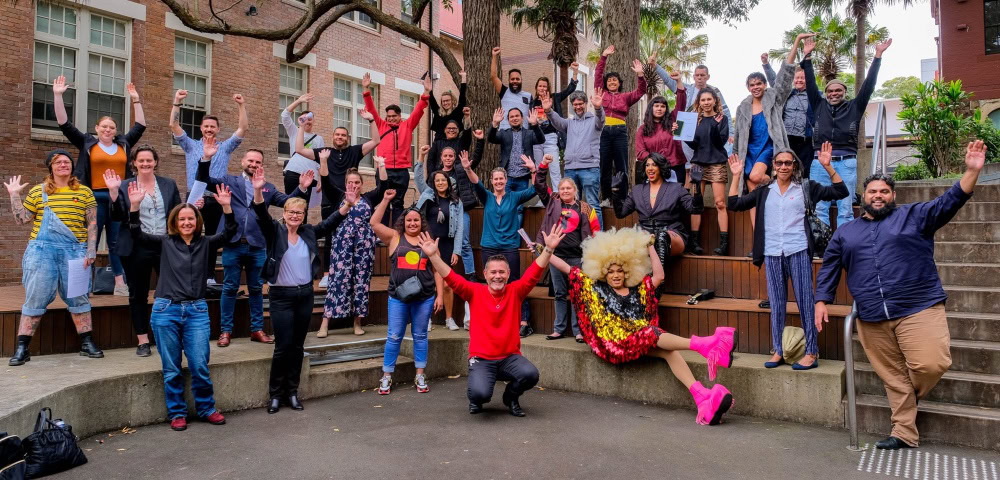
In a powerful display of solidarity, LGBTQI groups from across Australia have joined forces to advocate for the Indigenous Voice to Parliament, marking a significant milestone almost six years after the national postal survey on marriage equality.
This comes as an online survey by national LGBTQI advocacy group Equality Australia revealed that nine out of 10 LGBTQI Australians or around 89.55 per cent of those who responded to the survey said they would vote Yes in the national referendum.
The Indigenous Voice referendum later this year will ask Australians to vote to make changes to the country’s Constitution to create a body called the Aboriginal and Torres Strait Islander Voice that “may make representations to the Parliament and the Executive Government … on matters relating to Aboriginal and Torres Strait Islander peoples”.
‘Australia Stood With Us’
Of the 4078 people who were surveyed online by Equality Australia, 231 people (5.78%) said they would vote No, while 171 people (4.28%) said they were unsure of how they would vote.
Around 22 LGBTQI organisations from across Australia announced on Wednesday that they were partnering with the BlaQ Aboriginal Corporation and were supporting the Yes campaign for constitutional recognition of Aboriginal and Torres Strait Islander peoples.
Equality Australia, which emerged from the triumph of the 2017 postal survey on marriage equality, drew parallels between the fight for equal rights and the present push for an Indigenous Voice to Parliament.
“When there was a public vote about our lives, the majority of Australians stood with us, and now it’s time for us to pay it forward. We recognise that inclusive laws and policies are born when governments listen to the voices of those most impacted,” Ghassan Kassisieh, Legal Director of Equality Australia, said in a statement.
Voting Yes Ensures Aboriginal People Have A Say
Shane Sturgiss, CEO of the BlaQ Aboriginal Corporation said it was important to bring allies together.
“This is the second time our community has had the entire nation eyeballing them, knowing that conversations are being had about them in homes around the country and not all of them are favourable,” said Sturgiss.
“Our queer community knows full well the fight for equality and to have our rights recognised. We know change is possible. The Voice stems from decades of Aboriginal and Torres Strait Islander activism and it’s a much-needed reform to ensure Aboriginal people have a say in the issues that affect us,” added Sturgiss.
According to Jason Tuazon-McCheyne of The Equality Project LGBTQI communities had “an important role to play in raising awareness and rallying support in solidarity with Indigenous people.”
“As communities that experience stigma and marginalisation, we understand the significance of recognition and belonging. We know what it feels like to be excluded, and we understand the importance of having a voice in shaping the issues that affect our communities. This cause resonates deeply with many of us, igniting a profound sense of empathy and a determination to ensure that Indigenous communities are treated with the fairness and respect they rightfully deserve,” said Tuazon-McCheyne.
Yes
Out LGBTQI artist and Wiradjuri and Birpai man Wayde Clark’s artwork that acknowledges the ties between First Nations and LGBTQI communities was released by Equality Australia.
“I’ve had to vote yes, twice. I’ve had to vote Yes for marriage equality… and now I’m having to vote Yes to have a voice here in Australia and to have my people a part of the constitution,” said Clark.
“I wanted to bring Australia and everyone’s journey into the artwork, into all the different colours, just to make it inclusive because a world that has inclusivity is a world that I want to live in,” the artist added.
